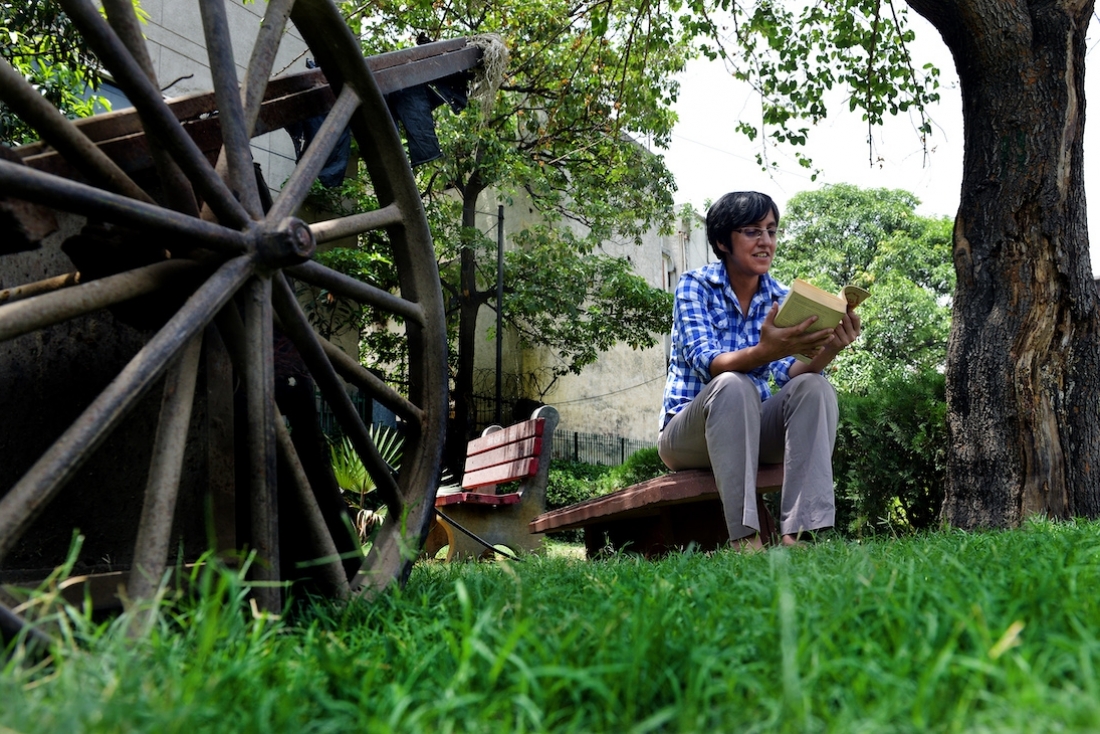
Image courtesy: Saswata Bhattacharya for the JCB Prize for Literature

Image courtesy: Saswata Bhattacharya for the JCB Prize for Literature
Parvati Sharma began her writing career with The Dead Camel and Other Stories of Love, which earned her praise for its depictions of love and sexuality in urban India. Her novella, Close to Home, was acclaimed as ‘tender, acute and pulsing with real Indian life’. She has also written a book for children,The Story of Babur, and, most recently, a historical biography, Jahangir: An Intimate Portrait of a Great Mughal. Sharma lives in New Delhi, where she has worked as a travel writer, editor and journalist. She is also now a jury member for the JCB Prize for Literature this year, which will be shortly announcing its shortlist for 2019. We connceted with her to know more about her association with the prize. Excerpts follow:
How was your association with the JCB Prize for Literature brought about?
Rana wrote to ask if I'd be interested in being part of the jury and I said yes, of course! It seemed like a great way to get a sense of contemporary literature in India.
Lastly, what are you working at the moment and what are your future literary ambitions?
I've just published a book for children; it's called Rattu & Poorie's Adventures in History: 1857, in which two young sisters are visited by characters from history. And I'm working on another historical biography, a 'prequel' to my biography of Jahangir, I guess - this one is about his father, Akbar.